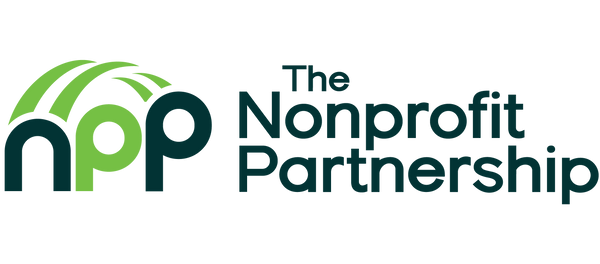
We are truly in unprecedented times. Flexibility and adaptation are the new norm and will be for quite a while.
While this new norm will change the way we do our work, it should also inform our conversations with the donors and funders who have generously supported us—especially how we deal with funding commitments made before this extraordinary crisis.
The Nonprofit Partnership espouses ethical practices no matter the situation. One of the key principles of the fundraising profession is to use funding as was agreed upon by the organization and the funder—whether institutional or individual. Your organization can still adhere to this key tenet during a time that might require drastic measures just to stay afloat. Here is what we suggest:
- If you have been given funding designated for a certain program or project but you are facing the possibility of having to close your doors, talk to your funder about the challenges you face. Ask that the dollars that the funder has already designated for your organization be converted to unrestricted funding. There is no point in holding onto resources for a day that may never come. In order to do this, you need to have your facts straight and be completely transparent about the predicament your organization is in. Provide financial data, projections, and assurances.
- If your situation is not as dire but you do not feel you can fulfill the commitments in a timely fashion, again, talk to the funder. Donors understand the unusual times that we are in and will understand that you may need to adjust the terms and/or timing of the agreement.
- If funding was provided for an event in the form of a ticket or sponsorship and that event has been cancelled, don’t immediately issue refunds. Ask those funders or donors if they would like to turn those transactions into donations or credit that funding for a future event. You’ll need to make the case that you don’t hold your events for the sake of the events, but rather to raise money. Many funders will understand.
Obviously, the key to all of this is communication. If you aren’t communicating with individual donors, foundation partners, corporate sponsors, government representatives, and other partners, then you certainly cannot expect them to be flexible.
Whether or not you need to adjust the parameters of any expectations from funders, talk to the people who support you the most. You don’t need an excuse to reach out to your donors and funders to let them know how your organization is coping and to find out how they are coping. The organizations that prioritize conversations with their funders and donors will be the organizations that come out of this unprecedented situation still standing.

